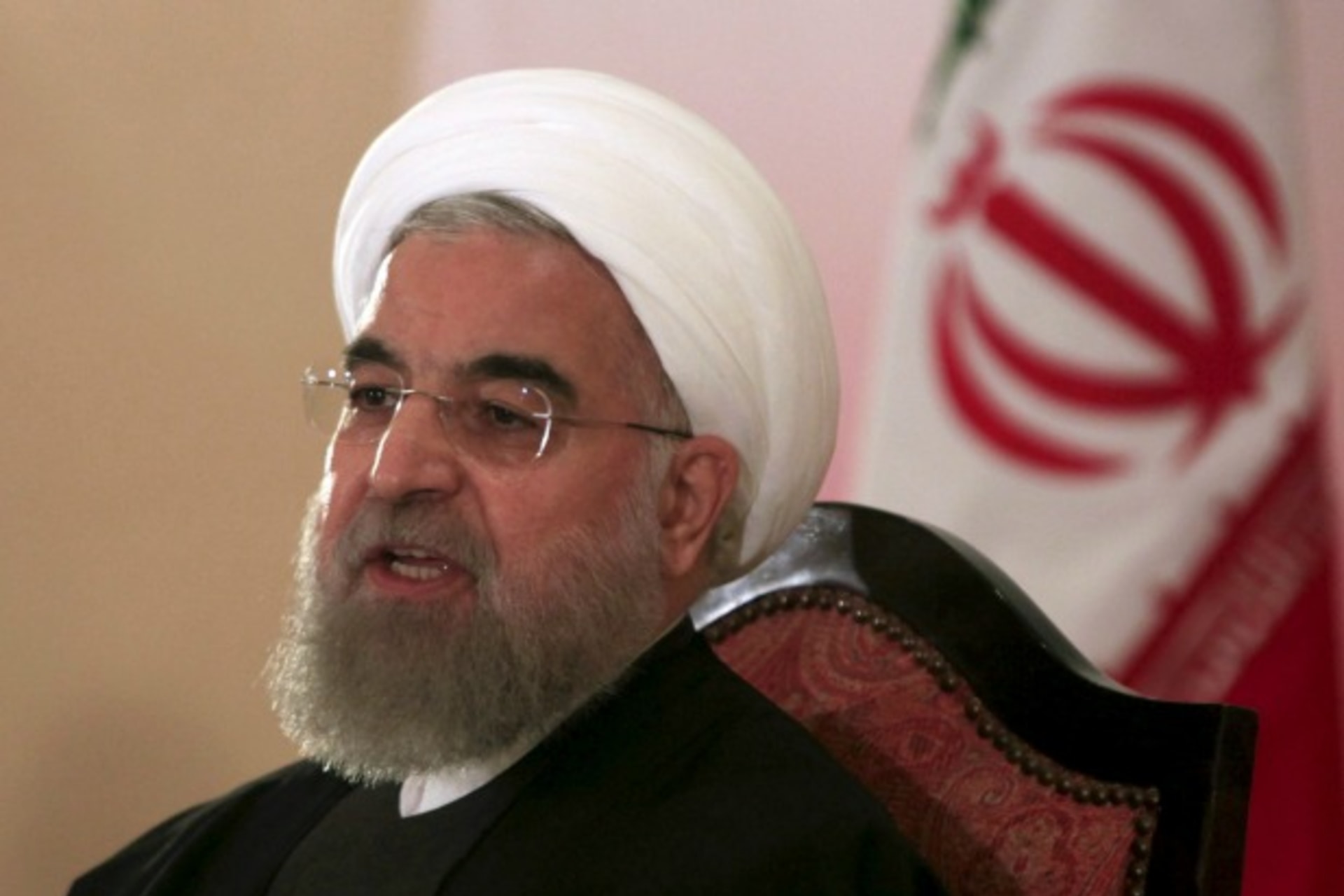South Africa and Iran Aim to Resume Strong Trade Relationship

By experts and staff
- Published
By
- Guest Blogger for John Campbell
Tyler Falish is an intern for the Council on Foreign Relations Africa Studies program, and a student in Fordham University’s Graduate Program in International Political Economy & Development.
South African President Jacob Zuma was in Iran for a two-day state visit on April 24 and 25. While in Tehran, Zuma and Iranian President Hassan Rouhani signed eight bilateral trade agreements as part of a commitment to increase non-oil trade between the two countries. Trade between the two nations plummeted after the imposition of expanded sanctions on Iran by the U.S., EU, and UN. According to UN Comtrade, in 2012—the most recent year of significant trade between the two countries—trade was valued at approximately $1.3 billion. By comparison, bilateral trade in 2015 totaled only $30 million.
Iran has strong ties with the ruling African National Congress (ANC), and the Islamic republic was among the first to resume trade with South Africa following the end of white minority rule. The strong trade relationship has been largely imbalanced, skewed heavily toward the import of Iranian crude oil into South Africa. Prior to sanctions, South Africa imported 380,000 barrels per day from Iran, accounting for one-third of Africa’s second-largest crude consumer’s demand. With the Iranian supply abruptly severed in late-2012, South Africa turned to Saudi Arabia and Nigeria to meet growing demand. As South Africa resumes its trading relationship with Iran following the lifting of sanctions, Nigeria will be the big loser, as the South African Petroleum Industry Association recently announced they will “likely stop importing crude from Nigeria.” This is woeful news at a time when the Nigerian economy is already reeling from a steep decline in oil revenue.
On April 27, Deputy Director General Tseliso Maqubela of the energy ministry announced potential plans to build an oil refinery to process Iranian crude oil. Although South African refineries were originally designed to process Iranian crude oil, they were necessarily retrofitted to refine other types of crude in the wake of the sanctions. With no stated estimate on the time frame or cost of such a project, the country will be forced to rely on foreign-owned oil refineries in South Africa when Iranian crude imports resume.
South Africa is the main supplier of liquid fuels—including petrol and diesel—to Botswana, Lesotho, Namibia, and Swaziland. Although South Africa has among the highest refining capacity on the continent, continuing to meet growing domestic fuel demand will remain a priority and a challenge. Expanding capacity through the construction of the proposed refinery will present an opportunity for increasing exports—and influence—within the region and beyond.